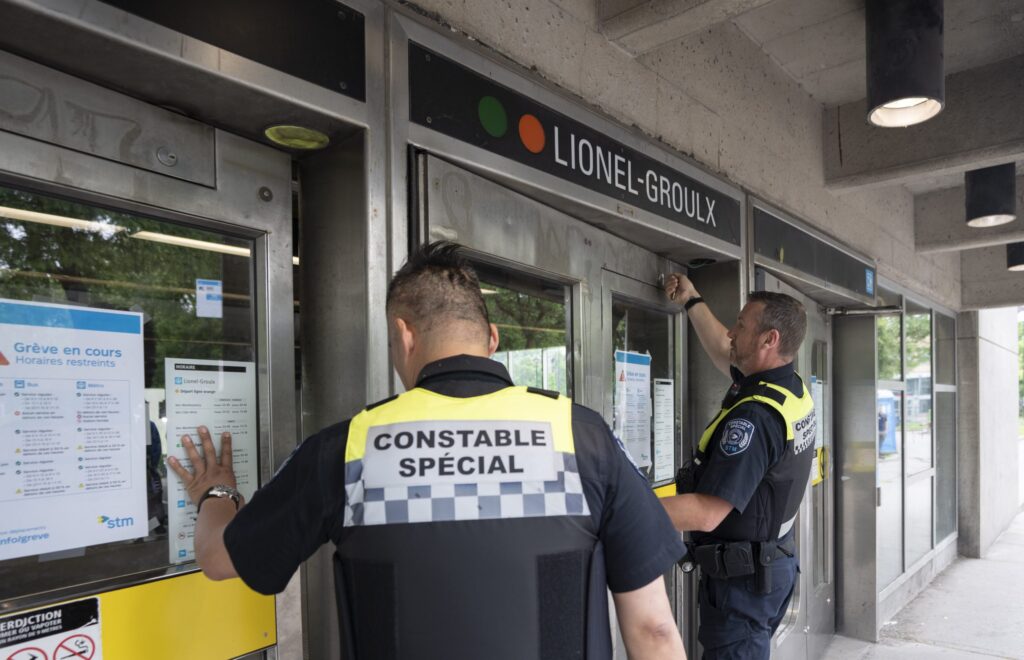
Introduction
The ongoing STM (Société de transport de Montréal) strike has emerged as a significant concern for residents and commuters in Montreal. The strike, which began on October 1, 2023, involves transit workers demanding better wages and working conditions. With public transit being a lifeline for many, especially in urban settings, this strike is bound to have far-reaching implications on daily commutes and the city’s overall mobility.
Details of the Strike
The STM strike was initiated after unsuccessful negotiations between the transit authority and the Syndicat des travailleurs et travailleuses des Transports de Montréal (STTM), the union representing STM employees. Workers are advocating for a decent wage increase, improvements in safety measures, and better working conditions, citing that their current remuneration has not kept pace with the rising cost of living. Union representatives have indicated that adequate staffing levels are also a primary concern, contributing to severe work-related stress.
As a result of the strike, STM services have been significantly curtailed. Bus and metro services have been reduced by up to 50%, impacting thousands of residents who rely on public transportation. Affected commuters have reported extended wait times and overcrowding on the remaining operational services. Alternative transportation methods, including cycling and carpooling, have reportedly seen a surge in usage, yet they cannot fully accommodate the demands.
Community Response and Impact
The strike has sparked varied reactions from the community. Many commuters express frustration over the disruption, while others acknowledge the need for fair wages and working conditions for transit staff. “We understand their position, but it’s incredibly difficult for us to get to work now,” said local resident Marc Dupont. On the flip side, the union has received overwhelming support from fellow labor organizations as well as some local political figures advocating for worker rights.
Montreal Mayor Valérie Plante has called for an urgent resolution to the situation, emphasizing how crucial public transport is to not just the environment but also the economic vitality of the city. Various groups are calling on both parties to return to the negotiation table to seek a resolution before the situation escalates further.
Conclusion
As the STM strike continues, its implications on daily life in Montreal are severe. Commuters are seeking alternatives, and the city is witnessing disruptions that many fear could have long-term effects on its economic health. While both sides express a desire for resolution, the path forward remains contentious. The significance of the STM strike extends beyond transportation; it highlights the broader challenges surrounding labor rights and economic justice in today’s society. Without a resolution in the coming days, both STM and the city of Montreal may face significant repercussions, making it crucial for all stakeholders to engage constructively in negotiations.



